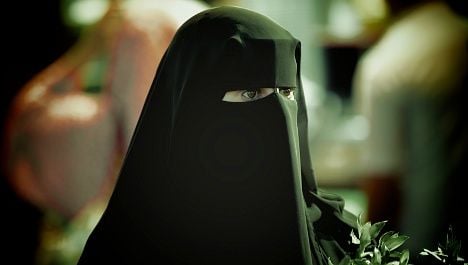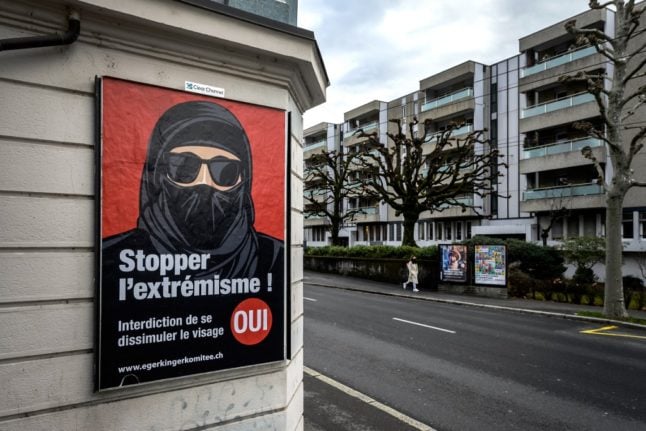The woman, who was visiting family in the north-west coastal town of Saint-Brieuc, was wearing the face-covering niqab, reported daily newspaper 20 Minutes.
Police stopped the woman who “seemed hesitant in her driving,” said local police spokesman Laurent Dufour.
“On closer inspection, they realized she was veiled,” he said.
“This is an issue of skill, safety and visibility,” said Dufour.
He compared driving with a full face veil to driving a car with ice on the windscreen, eating a sandwich or smoking a cigarette.
France banned the wearing of full-face coverings in public in October last year. Dubbed the “burqa ban”, anyone refusing to show their face risks incurring a fine.
Earlier in December a 32-year-old woman was sentenced to 15 days of ‘citizenship service’ after she refused to remove a full-face veil.
The woman, Hind Ahmas, said she would not obey the ruling. She risks a two-year prison sentence and a €30,000 fine if she does not perform her citizenship service.
Last week a Muslim man was jailed after he punched a nurse who tried to remove his wife’s burqa during an emergency C-section.
He was sentenced to six months in prison and described by the judge as putting “his religious dogma above the laws of the Republic and his French citizenship.”



 Please whitelist us to continue reading.
Please whitelist us to continue reading.
Member comments